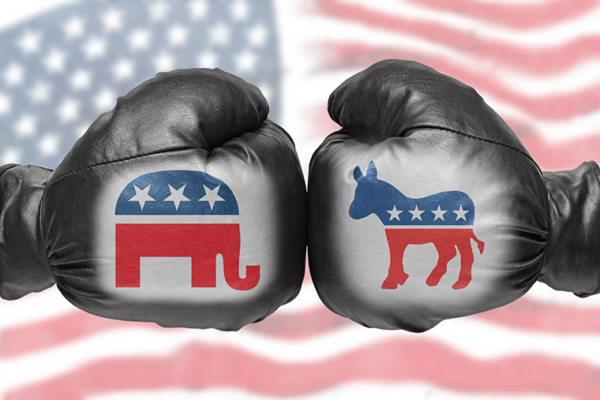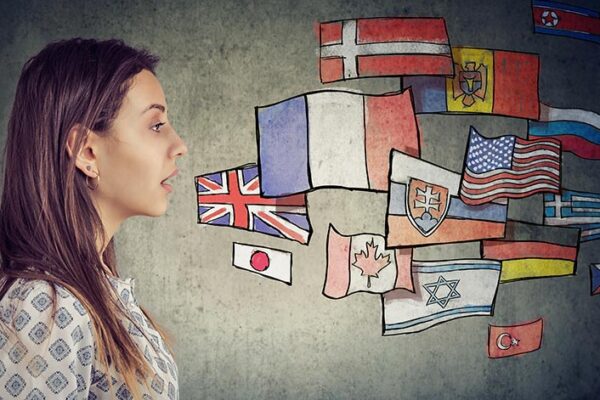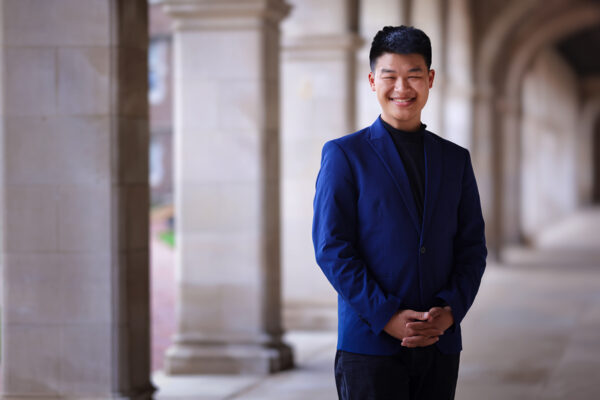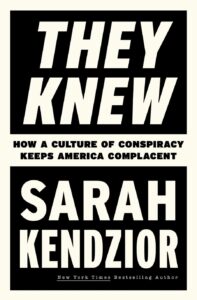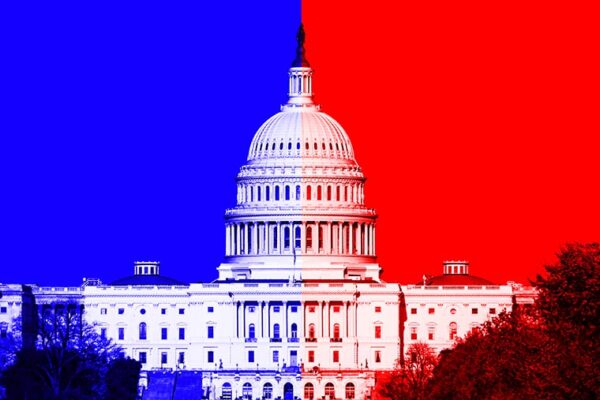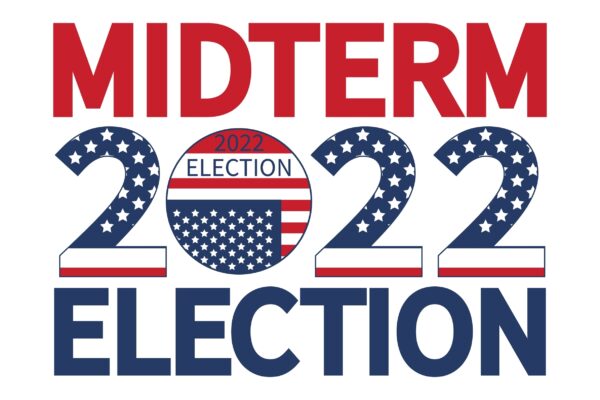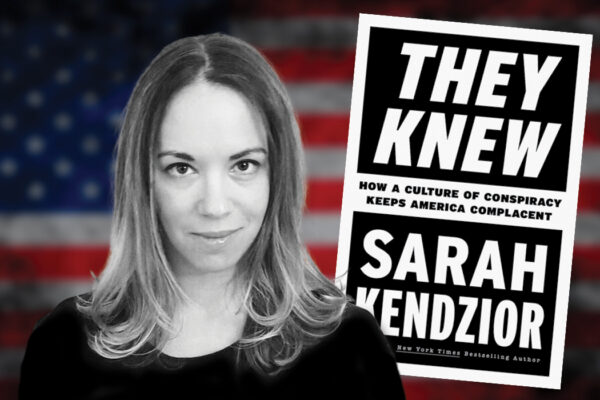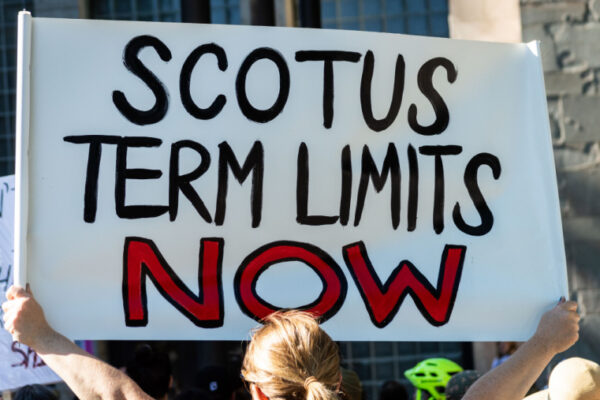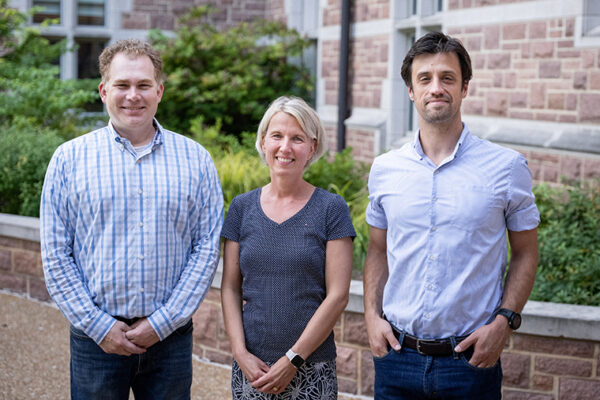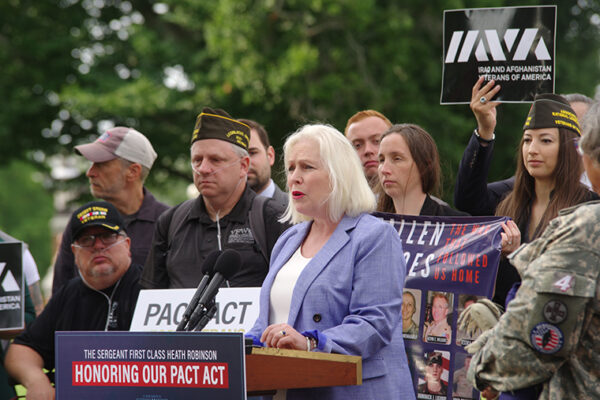Next two years will be marked by gridlock, vetoes
If the historic five-day, 15-ballot floor fight to elect the House speaker is any indication, the next two years in American politics will be marked by unavoidable gridlock and vetoes, according to Arts & Sciences’ Steven Smith.
Voicing politics: How language impacts political opinions
In a new book, “Voicing Politics,” Arts & Sciences’ Margit Tavits uncovers the many ways in which linguistic peculiarities of different languages can have meaningful consequences for political attitudes and beliefs around the world.
Senior Miao elected to College Democrats board
Ranen Miao, a senior studying political science and sociology in Arts & Sciences, was elected to serve as national director of communications for the College Democrats of America.
They Knew
How a Culture of Conspiracy Keeps America Complacent
Sarah Kendzior, who earned her PhD in anthropology in Arts & Sciences at Washington University in 2012, has written a book that examines why people are turning more and more to conspiracy theories at the very time when facts are needed most.
Why a ‘red wave’ is not guaranteed
Steve Smith, a leading congressional politics scholar, discusses the factors making 2022 midterms difficult to predict, what’s ahead for the second half of President Joe Biden’s term and the impact the midterm election could have on the GOP’s future.
Midterm elections have widespread ramifications
Voters in this year’s midterm elections, to be held nationwide Nov. 8, will be motivated by a number of hot-button issues, including abortion, climate change, voting rights, the economy and more. Washington University faculty experts weigh in on some of the issues that will be top of voters’ minds as they head to the polls.
They knew, and now you should know, too
The latest book from Sarah Kendzior dives into the culture of conspiracy that arises when citizens let others do the thinking for them.
Post-Dobbs, Supreme Court’s legitimacy at risk
Public dissatisfaction with the Supreme Court’s rulings and its performance has been growing. New research by political scientist James Gibson in Arts & Sciences suggests the controversial Dobbs decision may have been the straw that broke the camel’s back.
Political scientists to study populist rhetoric as a threat to democracy
Washington University in St. Louis political scientists Christopher Lucas (right), Jacob Montgomery, and Margit Tavits won a $571,000 grant from the National Science Foundation to study the rise of populist rhetoric on social media and its effects on democracies.
Research shows constituents ask female legislators to do more
In a study conducted by Dan Butler, professor of political science in Arts & Sciences, voters were more likely to contact their female representatives and asked them to do more on a variety of issues including education, health, immigration, the economy and more.
Older Stories
